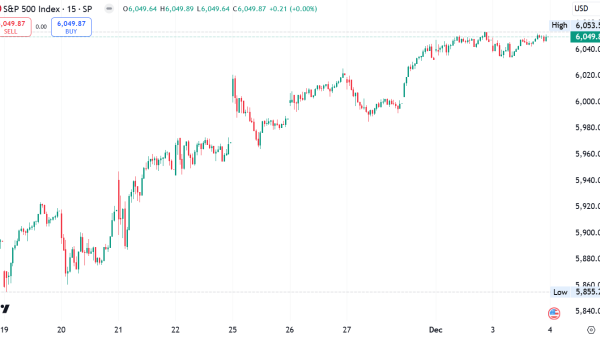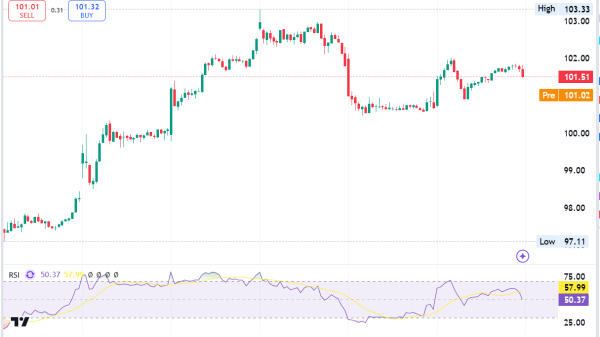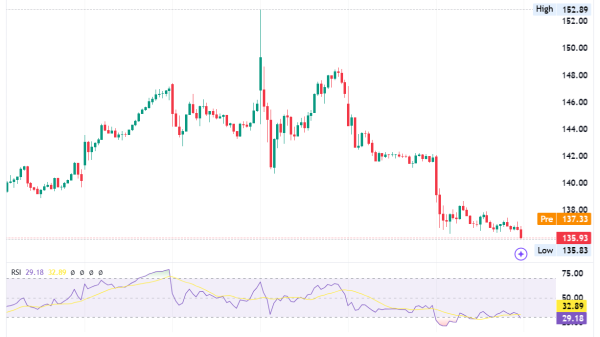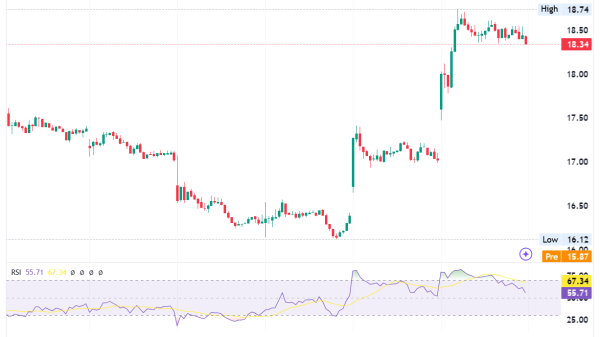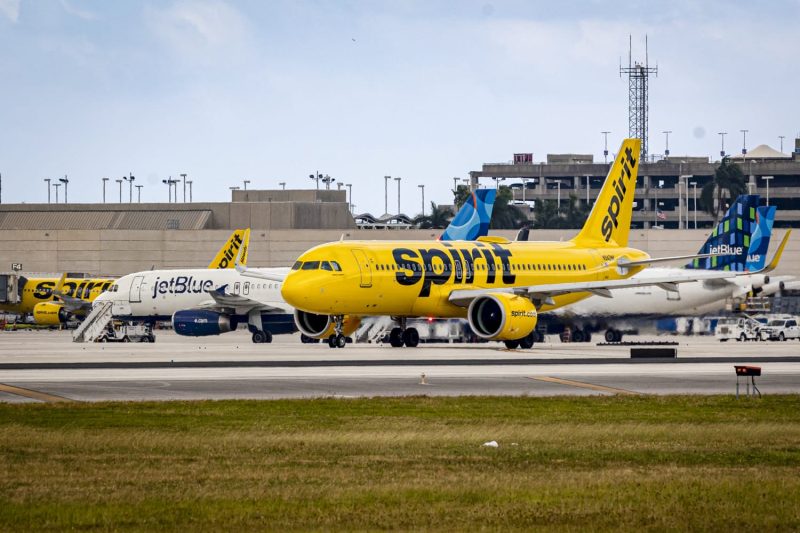Airlines that spent years clamoring for new jets are changing their tune.
Cash-strapped, low-cost and deep discounter airlines are putting off spending billions of dollars on new aircraft to save money as they try to return to steady profitability and face the impact of engine repairs.
Airlines flooded the U.S. with flights this year, driving down fares particularly in the domestic market, where low-cost carriers concentrate, and weighing on carriers’ revenue while costs have gone up. Spirit Airlines, JetBlue Airways and Frontier Airlines last posted annual profits in 2019, while larger carriers have returned to profitability.
Lower prices on plane tickets are noticeable: Fare-tracker Hopper estimates “good deal” airfare in September is going for $240 for roundtrip U.S. domestic flights, down 8% from last year.
Now, some of those same airlines are dialing back their growth plans and deferring deliveries of new aircraft. The bulk of the price of an airplane is paid upon delivery.
“You have too much supply, so it’s natural for us as an industry to reduce the supply,” Frontier CEO Barry Biffle said. Frontier earlier this month said it is is deferring 54 Airbus aircraft to at least 2029.
Part of the problem is that years of aircraft delivery delays mean carriers don’t want to add too many planes too quickly, Biffle said.
“Because they delayed a bunch, [the order] got piled up,” he said. “So we had to smooth that out”
Frontier’s revenue rose 1% from last year in the second quarter despite carrying 17% more passengers, with average fare revenue falling 16% to just shy of $40.
JetBlue Airways is estimating it will save about $3 billion by deferring 44 Airbus A321 airplanes through 2029, opting to extend some aircraft leases. The New York carrier posted a surprise profit in the second quarter but is scrambling to reduce its costs through the deferrals and steps like exiting unprofitable routes — and it wants to do that quickly.
The airline and others are also grappling with grounded jets from a Pratt & Whitney engine recall.
Deferring so many aircraft even while the carrier is short on planes because of the engine recall is a “double-edged sword,” JetBlue CEO Joanna Geraghty said in a note to employees on Aug. 19.
“We need planes to grow, but taking delivery of aircraft that end up sitting on the ground after we’ve paid for them significantly worsens the problem,” she said. “In addition, given our growing debt, we just can’t afford to buy so many planes.”
Spirit Airlines — which had planned to get acquired by JetBlue until a judge blocked the deal in January — has also deferred aircraft as it fights to turn the company’s deep losses around.
Spirit earlier this month reported an 11% drop in revenue and a $192 million loss, compared with a roughly $2 million loss a year earlier, and said it would furlough some 240 pilots in the coming weeks. The airline has been especially hard hit by the Pratt & Whitney engine recall.
The airline said it was deferring all the Airbus planes it has on order from the second quarter of next year through the end of 2026 until at least 2030.
Aircraft leasing firm AerCap said earlier this month that it will assume 36 of Spirit’s Airbus A320neo family aircraft from the carrier’s order book. CEO Gus Kelly called it a “win-win” transaction for the airline and AerCap.
Even with the moves from low-cost carriers, most of the global airline industry is still in a scarcity mindset, with new fuel-efficient planes in short supply.
Lease rates for new Airbus A320s and the larger A321s hit fresh average records in July of $385,000 a month, and $430,000 a month, respectively, according to Eddy Pieniazek, head of advisory at aviation consulting firm Ishka. Meanwhile, leases for new Boeing 737 Max 8 aircraft, the most common model, are near a record at $375,000 a month, Pieniazek said.
Airlines can buy aircraft directly from suppliers or lease them from companies like Air Lease or AerCap, paying monthly rent. Some airlines, like Frontier, have been active in sale-leasebacks, in which they sell planes to generate cash and lease them back.
Boeing and Airbus, the world’s two main suppliers of commercial aircraft, are struggling to increase output as a post-Covid hangover lingers in the form of skilled worker shortages and supply shortfalls. Airbus recently cut its delivery target for the year, while Boeing is limited from ramping up output as it tries to work through a safety crisis.
Despite the deferrals from budget airlines, an Airbus spokeswoman said the company isn’t seeing any slowdown in demand for airplanes in the A320 family, for which it has more than 7,000 unfilled orders. Boeing has nearly 4,200 orders for its competing 737 Max planes.
“We offer a full range of aircraft to meet our customers’ needs and maximize their flexibility with fleet decisions,” the Airbus spokeswoman said in a statement.
But airlines are feeling the strain. Executives have said delayed deliveries of new planes have forced them to slow, if not halt, hiring and other growth plans.
“We are urgently and deliberately pursuing opportunities to mitigate cost pressures, including the drag from overstaffing related to previously reported Boeing delivery delays,” Southwest Airlines CFO Tammy Romo said on an earnings call last month. The all-Boeing 737 airline has offered some staff voluntary leave programs.
When asked about Southwest’s fleet plans, Romo said the airline has “a lot of flexibility with our order book from Boeing. Boeing didn’t comment for this article.
“We’re not ready yet to lay out all of our plans,” Romo said, adding that the company would provide more details at a Sept. 26 investor day. “But we have ample flexibility to reflow the order book to ultimately meet our needs.”





















